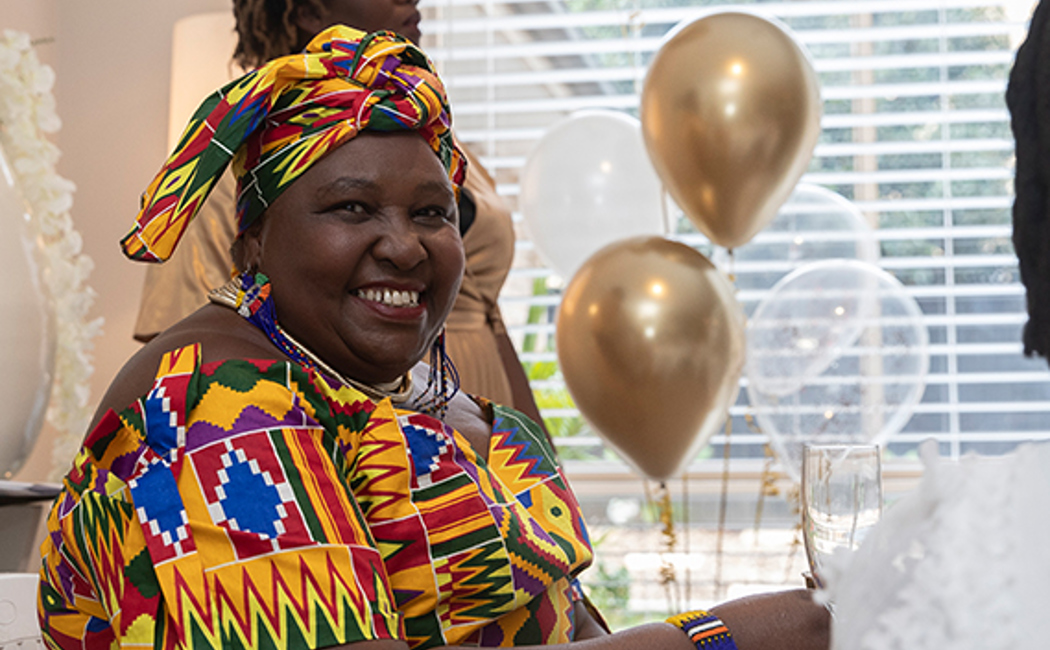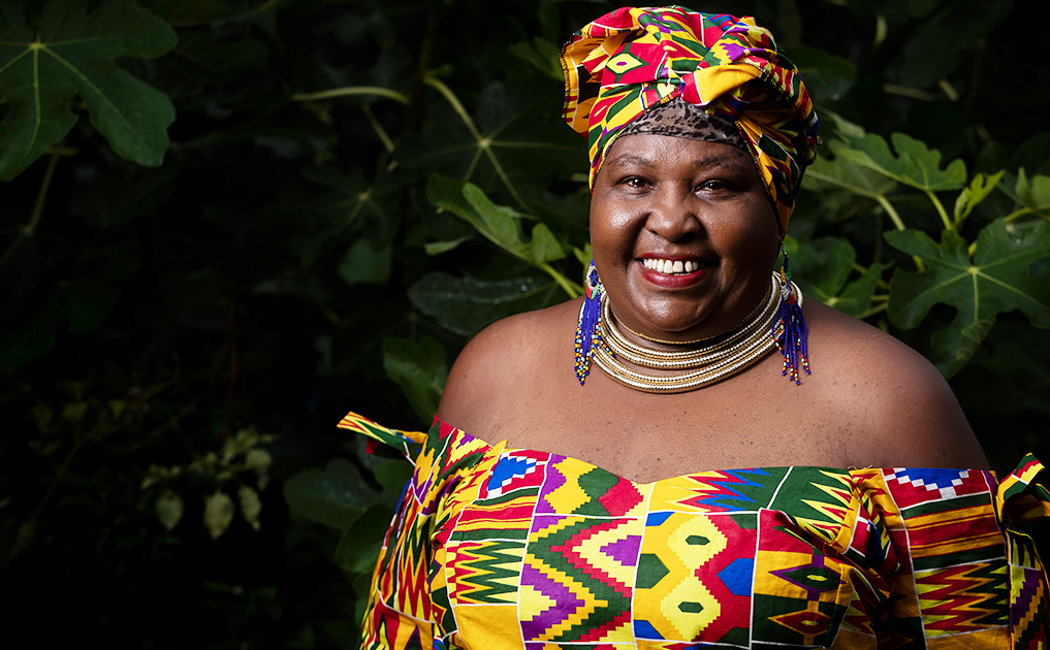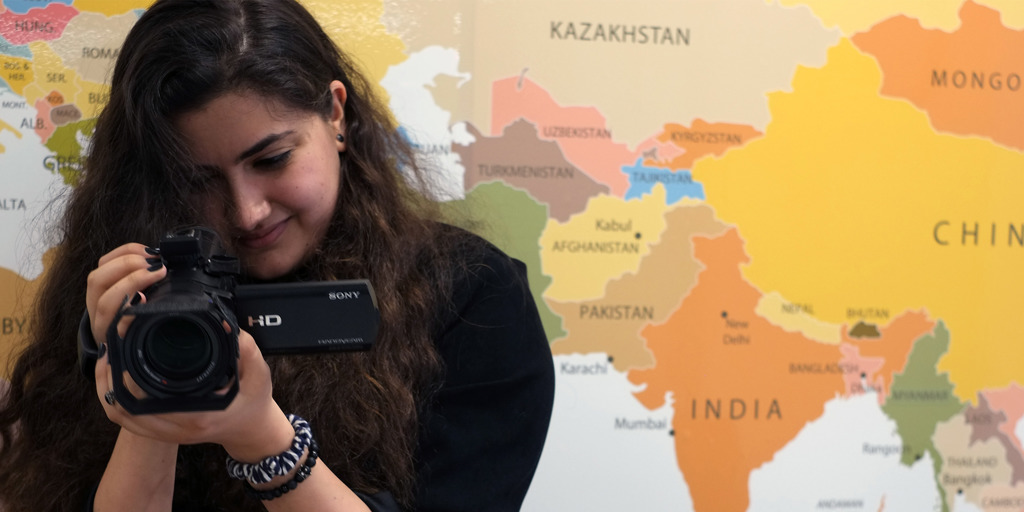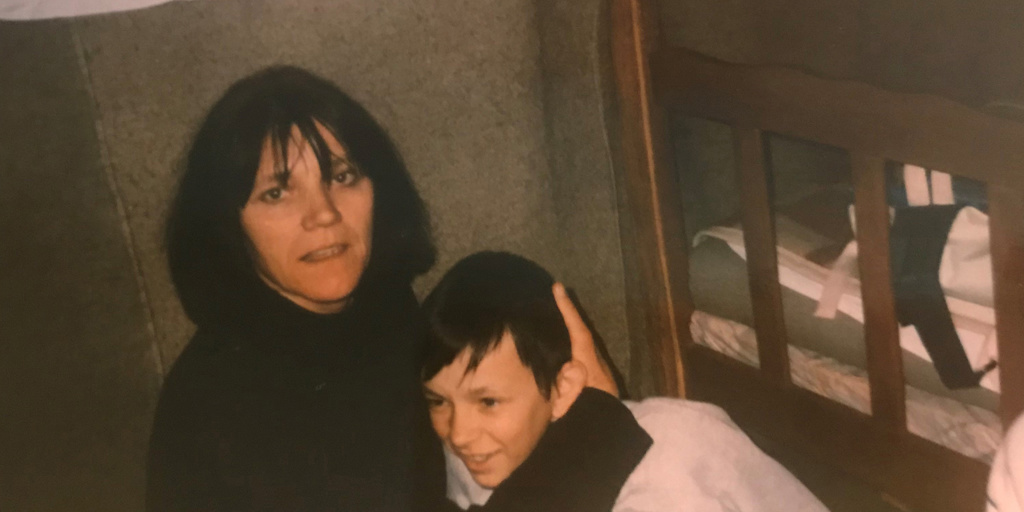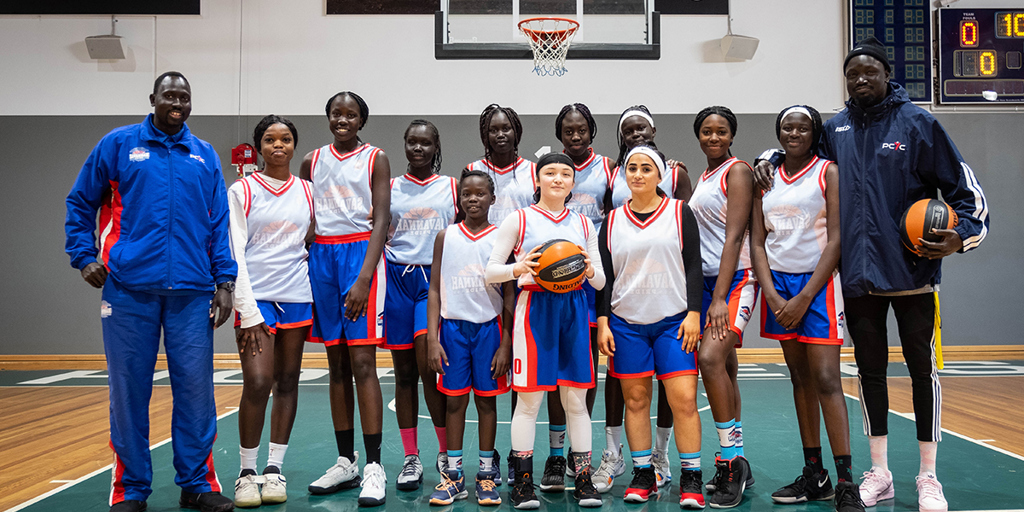Maria Baden, 69, lives on a farm in Gerringong on the New South Wales coast south of Sydney where she breeds cattle for wagyu beef. She met Rosemary in 2007 at a women’s event and was immediately impressed by her skill in running the sessions and the way “she made everyone laugh.”
The two became friends and Maria began helping Rosemary with the cultural exchange program. The first time Maria hosted an event at her farm to match refugees with locals, more than 36 refugee women shared their native dishes and stories with local families.
Maria, who is organised and detail-oriented, marvelled at how Rosemary simply improvised and “called on the spirit” to guide each guest toward the most appropriate local family. It seemed to work.
One South Sudanese woman and her daughter quickly struck up a conversation with a local widow and her daughter. The two widows quickly realised they had something in common.
“The local woman had lost her husband to a lightning accident while the Sudanese woman had lost her husband to war on the same date,” Maria said.
The cultural exchange program not only has the power to connect women with each other, but to reconnect refugee and migrant women with themselves.
“There was one lady, she was very tiny and would not talk to anyone,” Rosemary recalled. “When we came back [from the farm] she wouldn’t stop talking and the other women asked if she had learnt English in three days.
“After an abusive relationship and domestic violence, life in a refuge home, she realised that she has all this knowledge and she is okay. When you go through emotional abuse you begin to believe you are nothing,” Rosemary explained.
Rosemary was approached by this woman years later and learned that she is doing well and happily married to a good husband with whom she has two children.
Rosemary also thinks it’s important for migrant and refugee women to mix with each other. In 2006, she helped start the African Women’s Dinner Dance in partnership with the African Women’s Group. She invites women to dance, socialise and have meals together with the aim of sharing information on issues from abuse to parenting.
“On top of socialising, on top of making friends, it is a way – a vehicle – for learning about what social services are out there,” said Rosemary.
The first Dinner Dance featured a domestic violence survivor as the main speaker. The following Monday, 20 women who had attended the event went to the police station to report their own domestic violence incidents.
“I like the fact that we are able to bring all these women together in a safe space,” said Edith “Ida” Nganga, a Kenyan migrant who helps with the group and attended a recent surprise event to celebrate Rosemary’s Australian of the Year award.
“When she won, I felt like it was me who won. She is the first African to win that big award,” said Ida.
Join us on Friday 18 June from 12pm–2pm for our live World Refugee Day event to hear more about Rosemary's work as she joins us online. The event will also be livestreamed to allow supporters to join from all over Australia and the world.
















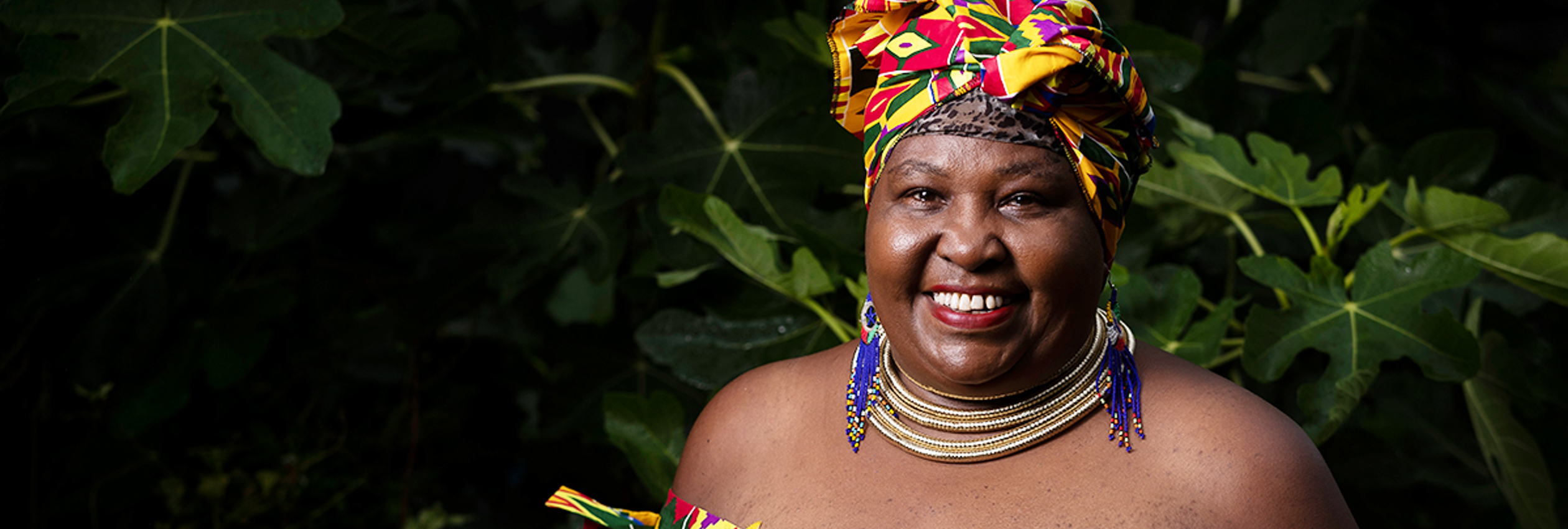
 Australia
Australia
